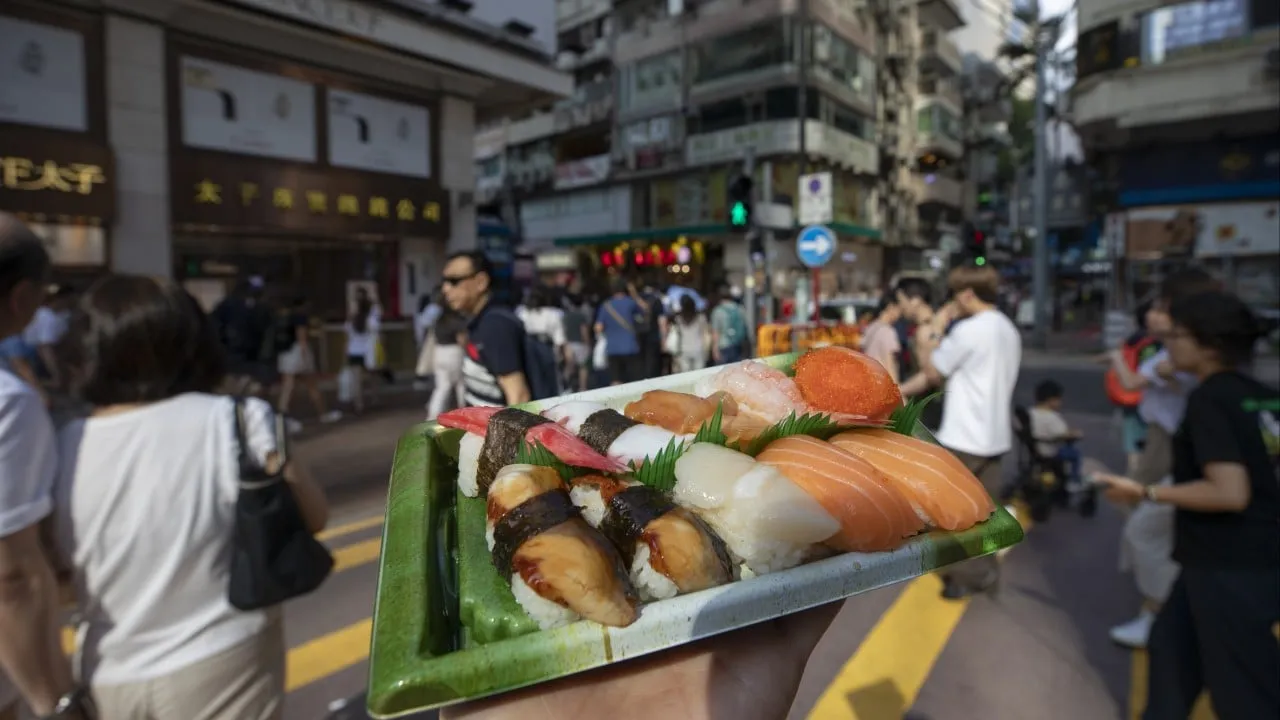Hong Kong Enforces Tougher Restrictions on Japanese Food Imports Over Contamination Fears

Rising Precautionary Measures on Japanese Seafood Imports
Hong Kong's government has issued a stern warning concerning restrictions on Japanese seafood imports, emphasizing the necessity for precautionary measures to ensure food safety.
Fukushima Nuclear Power Plant Concerns
The city’s ban, originally imposed last August, was a direct response to the contamination risks associated with the discharge of treated waste water from the Fukushima nuclear power plant. Hong Kong officials report multiple incidents at the plant over the past year, further amplifying worries.
- Seven accidents reported at the Fukushima plant.
- Concerns over long-term management and impact on marine ecology.
- Potential catastrophic consequences if contamination spreads.
Industry Response and Future Outlook
Despite calls from Japan’s fisheries minister Tetsushi Sakamoto to lift the ban, Hong Kong officials remain steadfast. Industry leaders are advocating for maintaining current protocols, emphasizing that the existing systems are sufficient for ensuring safety.
- Many local restaurants have already suffered due to the ban.
- Calls for observing results over a more extended period before reconsidering the ban.
As concerns about food safety dominate the discourse, the government's vigilance remains crucial. The bureau continues to monitor developments regarding the nuclear effluent discharge, ensuring Hong Kong's food safety standards remain intact amidst growing scrutiny.
This article was prepared using information from open sources in accordance with the principles of Ethical Policy. The editorial team is not responsible for absolute accuracy, as it relies on data from the sources referenced.